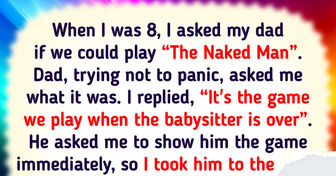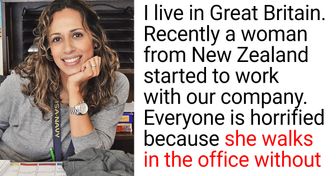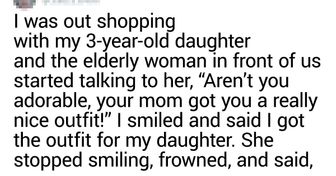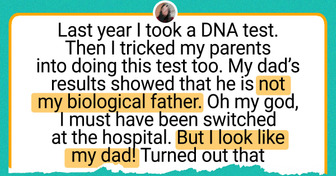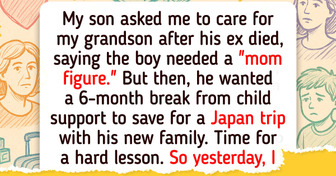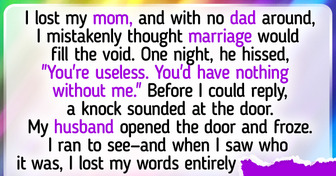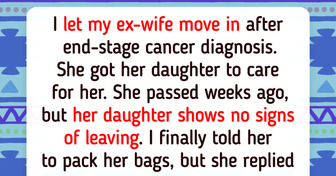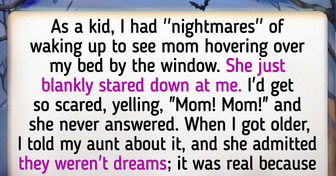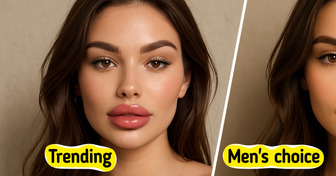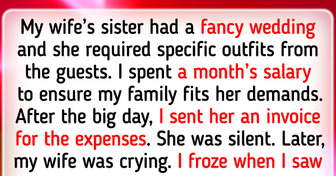Miley Cyrus Causes a Stir by “Leaving Nothing to the Imagination” as She Wears an Extremely Revealing Dress

Abrosexuality is an emerging sexual identity that has recently taken the internet by storm. Emma Flint, a UK journalist, came out as abrosexual after 30 years of confusion about her real identity. And now, the woman feels relieved and embraces her identity without the anxiety that once was a big part of her feelings. Now, a 32-year-old journalist went public and finally explained the meaning of this term to her wide audience.
A woman has shared her experience of facing backlash from friends after coming out as abrosexual, with some harshly questioning if her sexuality was even valid.
Emma Flint recounted the moment she first told about her sexuality to her friends, saying “When I first told my friends that I’m abrosexual, I got so many hurtful comments from them. So, these people aren’t my friends anymore.” She explained that being open about her identity has helped her feel more confident and comfortable with her feelings.
Although Gen Z is actively discussing this sexuality on platforms like TikTok, there is still a great deal of confusion around the term, and many people are unsure of what it means.
The woman shared in her interview the skeptical responses she faced with, including remarks such as "When did you decide this? Is this even a label, I've never heard of it. I support you, obviously, but this doesn't sound real."
Despite the wide range of sexual identities known today, 32-year-old Emma confessed that she had never heard of abrosexuality while growing up. In the 1990s, society largely acknowledged only straight, gay, or lesbian orientations—anything beyond that was often dismissed as "invented."
"Of course, we know that's far from the truth - but societal blind spots mean we learn terms much slower than if they're readily accessible," she said, and added that she had struggled to identify what her sexuality was because it fluctuated "so rapidly".
Emma Flint, a freelance journalist, penned an explanatory article for Metro's "Platform" section, a part of the website dedicated to "opinions, real-life stories, and analysis from experts in their fields."
"For those of you who don’t know what abrosexuality is, in layperson’s terms, it simply means when someone’s sexual identity fluctuates and changes," Flint wrote. She noted that she did not know about the term until she was 30 years old. Flint complained that abrosexuality was still not more well-known.
The woman decided to explain to a wider audience the meaning of her identity, because, "Often, people don’t go looking to educate themselves on different orientations unless it directly affects them – without that incentive, I’ve found many stick to what they know already."
Emma shared, "I didn’t learn about abrosexuality until two years ago, when I was 30. Up until that point, I’d struggled to identify what my sexuality was because it fluctuated so rapidly. There were times that I too scoffed, chastising myself for being so uncertain of who I was. It wasn’t that I couldn’t make my mind up, but rather my identity shifted."
Emma detailed, that her identity means one day she feels like she’s attracted to women, yet days or weeks later, she feels more aligned with bisexuality. “My sexuality was fluid,” she said. The woman confessed that at first, there was a lot of confusion and miscommunication between her and those, with whom she shared the details of her identity. She would get the occasional, “but you said you were a lesbian only last week.” People simply didn’t understand and, at that time, the woman didn’t have the right words to explain herself.
But everything changed for Emma when she saw the Instagram page of Zoe Stoller, a US based creator, educator, and social worker, who seeks to improve the visibility of the LGBTQ+ community. This was the moment when Emma saw the term abrosexuality for the first time. The woman wrote, “You know in cartoons when a lightbulb appears above their heads? That’s how it felt when I read their post.” Emma confessed, “Finally, I feel seen.”
She also added, “I’m happy to say that the rest of my friends and family have been very supportive of my identity, and have strived to learn more. However, even after explaining this, there’s always some people who enjoy demanding that I ‘pick a lane’ so that my identity doesn’t offend them. I want people to know that, just because you don’t know or understand an identity, doesn’t make it less authentic. But it’s still hard to hear things like ‘Mate, you’re just confused’ or ‘Just say you’re bisexual and be done with it.’”
The woman concluded, “I refuse to be boxed in by someone else’s limited knowledge. We’re all learning new things about ourselves all the time — that’s what growth and development is about.”
And here's a story shared by an internet user, who encountered a big problem in her family, because her husband used some unknown abbreviation while referring to her in a chat with his friends. The woman saw a message where her spouse was calling her "SWMBO", and when she finally found out the meaning of it, she immediately wanted to file for a divorce.

